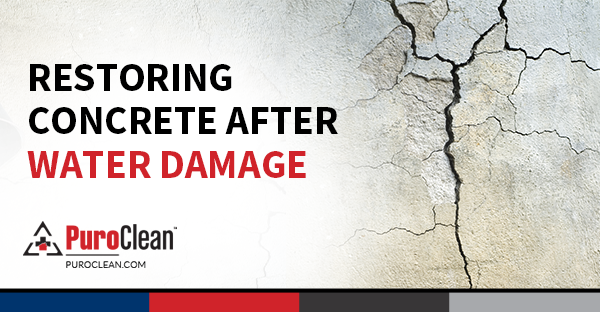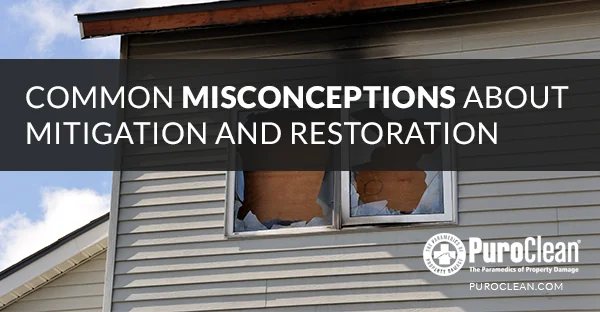Water damage is a serious problem that can cause extensive damage to your home or business. It can also pose a number of health risks, both short-term and long-term.
Here are some of the dangers of water damage:
- Structural damage. Water can weaken your home’s foundation and structure, leading to cracks in walls, ceilings, and floors. This can make your home unsafe to live in and can also lead to costly repairs.
- Mold growth. Mold is a fungus that thrives in moist environments. If water damage is not properly addressed, mold can quickly grow and spread throughout your home. Mold can cause a number of health problems, including respiratory problems, allergies, and even cancer.
- Electrical damage. Water can damage electrical wiring, which can lead to fires or electrocution. It is important to have your electrical system inspected by a qualified electrician after any water damage.
- Biological hazards. Water damage can also introduce biological hazards into your home, such as bacteria, viruses, and parasites. These hazards can cause a variety of health problems, including food poisoning, respiratory infections, and gastrointestinal problems.
- Psychological damage. Water damage can be a very stressful experience. It can disrupt your daily routine, cause financial hardship, and lead to emotional distress.
If you experience water damage, it is important to take action immediately. The longer you wait to address the problem, the more damage it will cause. Here are some tips for dealing with water damage:
- Turn off the water supply. If possible, turn off the water supply to the area that has been damaged. This will help to prevent further damage.
- Remove any standing water. Use a wet/dry vacuum or towels to remove as much water as possible.
- Dry the area thoroughly. Use fans or dehumidifiers to dry the area completely. This will help to prevent mold growth.
- Call a professional. If the water damage is extensive, it is best to call a professional restoration company. They will have the experience and expertise to properly clean and dry the area, and they can also help to prevent mold growth.
Water damage can be a very costly and disruptive problem. However, by taking action quickly and following these tips, you can minimize the damage and prevent long-term problems.
Here are some additional tips for preventing water damage:
- Inspect your home regularly for leaks. Leaks can occur in pipes, appliances, and other fixtures. If you find a leak, fix it immediately.
- Install a sump pump. A sump pump can help to remove water from your basement in the event of a flood.
- Have your gutters cleaned regularly. Clogged gutters can cause water to back up and damage your foundation.
- Plant trees away from your home. Trees can drop leaves and branches, which can clog gutters and downspouts. They can also cause roots to damage your foundation.
- Be prepared for floods. If you live in an area that is prone to flooding, have a plan in place. This may include having a sump pump, sandbags, and other supplies on hand.
By taking these steps, you can help to protect your home from water damage.




 PuroClean of Ocean Springs
PuroClean of Ocean Springs